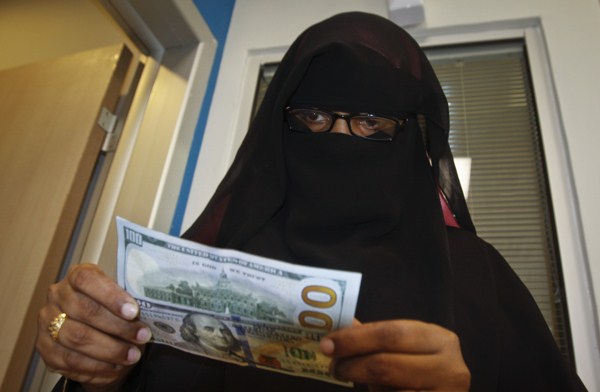Earlier this month, Kenya suspended the licenses of 13 Somali money transfer agencies operating in Nairobi in a bid to limit funding to al-Shabab militants. In an email interview, Sarah Hearn, an associate director and senior fellow at New York University’s Center on International Cooperation, discussed the role of remittances in Somalia’s economy.
WPR: How important are remittances for Somalia’s economy?
Sarah Hearn: Remittances, described as Somalia’s lifeline, are the largest source of family support and development finance in the country. There are no official remittance figures, but NGOs have estimated that migrants send up to $1.3 billion per year back to Somalia. That is greater than Western donors’ annual development and humanitarian spending, and is equivalent to around half of Somalia’s gross domestic product.

